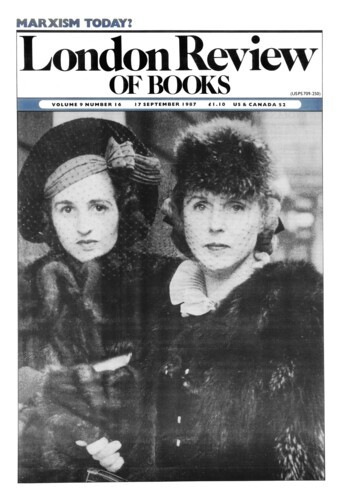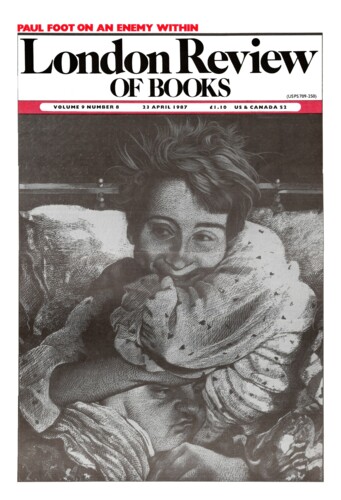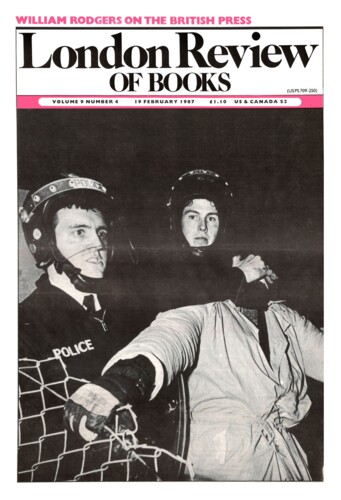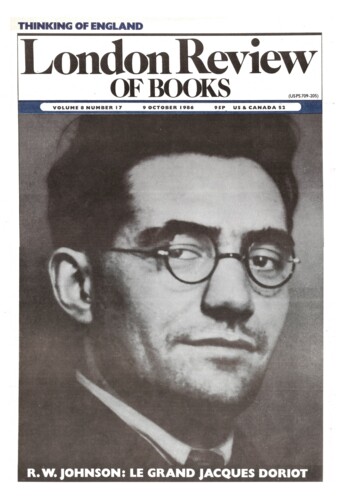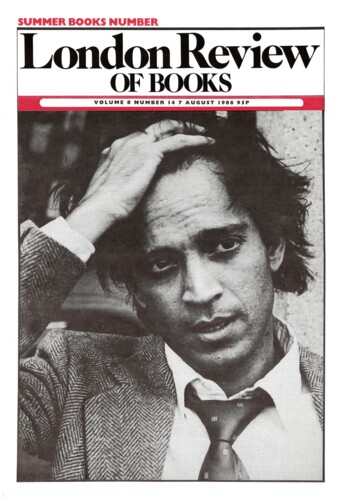Wars and battles: these words, appearing prominently in the titles of two of the books under consideration, might give the impression that poetry, or criticism, or the criticism of poetry, is a belligerent business. It doesn’t stop with the book titles, either: the chapter on Edna Longley in W.J. McCormack’s short and contentious study of Irish cultural debate requires us to attend to ‘the reaction from Ulster’, and sums it up thus: ‘Fighting or Writing?’ This humorously echoes the famous anti-Home Rule poster with its caption, ‘Ulster will fight and Ulster will be right,’ while referring specifically to the critical reception of the ‘Field Day’ pamphlets (nine to date), which deal with questions – thorny questions – of identity and cultural heritage in Ireland. Edna Longley, McCormack says, ‘has been the most consistent critic of the “Field Day” enterprise’, taking issue, as she does, with its refusal to distinguish properly between poetry and politics (fusing the two, that is, instead of allowing them to interact productively).’
Poetry in the Wars by Edna Longley. We Irish: The Selected Essays of Denis Donoghue
Harvester, 275 pp., £25, November 1986, 0 7108 1011 3
The Battle of The Books by W.J. McCormack. 2 more books reviewed
Wars and battles: these words, appearing prominently in the titles of two of the books under consideration, might give the impression that poetry, or criticism, or the criticism of poetry, is a...
